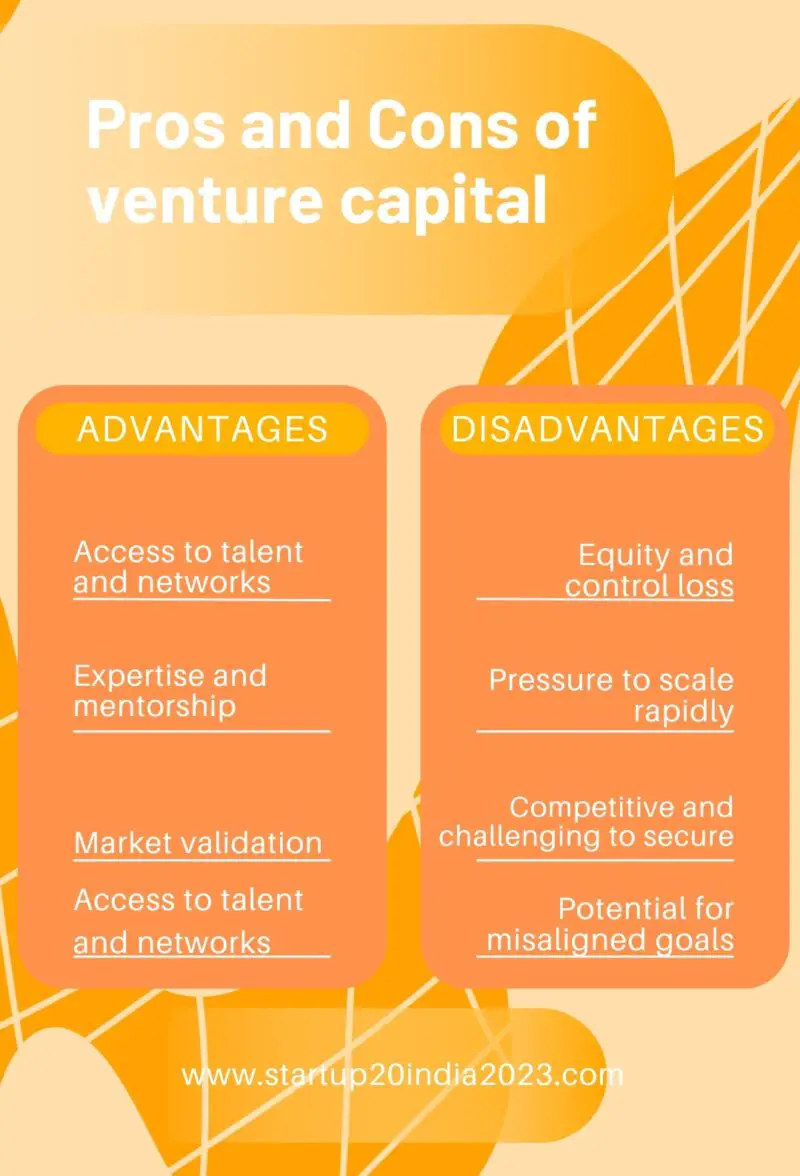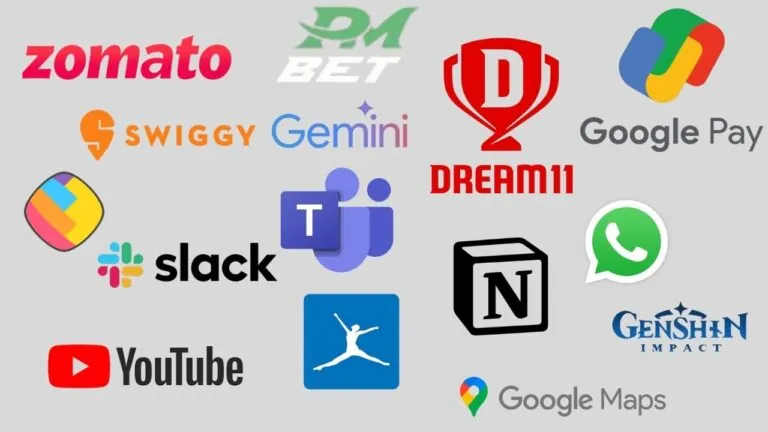Venture capital represents more than just money. It’s a partnership between entrepreneurs with groundbreaking ideas and investors who believe in their potential for returns.
This exchange, often involving a substantial share of the company for funding and other benefits, is crucial for startups needing more collateral for traditional loans or the cash flow to support operations.
To make it simpler for you, let me share with you some of the crucial things you should know regarding venture capital funding.
Table of Contents
ToggleThe Definition

Venture capital, or VC, is super important for startups. At its core, VC means investors give companies money in exchange for a big share of ownership.
This helps new companies get the cash they need to grow fast. VC is different from getting a loan or selling shares on the stock market. It focuses on riskier startups that can’t get money other ways or make money yet. But it aims for super high rewards too if the startup does well.
A key difference between VC and other ways to get money is the relationship. With a bank loan, you gotta put up collateral and pay it back on a schedule. But with VC, investors only make money if the company succeeds.
Their goals are aligned with the startup’s growth. This differentiation underscores the essence of venture capital:
- A high-stakes
- A high-reward game that fuels the fire of innovation
- Entrepreneurship
We can see that this process is a bit risky for investors. Even though 50 million startups are launched every single year, only 10% of them survive the first 12 months.
The main reason for their failure is lack of startup capital. So, if an investor chooses a particular startup, that doesn’t necessarily mean others will be interested in it as well.
What are the Pros and Cons?
Knowing pros and cons of this process before you undergo it is an absolute must. Here is quick outlook on what you should know:

The Venture Capital Funding Process
The VC funding process is nuanced and it extends from the initial contact with potential investors to the securing of funding. The process typically for up to 9 months, involves several critical steps that demand careful preparation, clear communication, and strategic negotiation.
Initial Contact and Meeting Potential Investors

Startups should use the people they know, go to important events in their field, and utilize online sites to find VCs who would be interested in what they’re building. The goal is to land a meeting where you can share your big picture, who’s on your team, and why your business could take off.
To get that meeting, you need to have your story down perfectly. You gotta give a clear, exciting presentation about what makes your idea a winner. And you need a short slideshow that highlights the must-know details. These are your main tools for sparking the investor’s interest right off the bat.
Practicing your pitch over and over is key so you can share your vision with confidence. Making sure your pitch deck is polished and professional-looking is a must too. Nailing this first step will go a long way in starting the VC process on the right foot.
Due Diligence by Both Parties
Once a startup has caught the interest of venture capitalists, the due diligence phase begins. This stage allows both the investors and the startup to thoroughly evaluate the potential for a partnership. Investors will go through the startup’s main elements, like:
- Financials
- Business model
- Market analysis
- Legal standings
Conversely, startups should also conduct their due diligence on potential investors, assessing their track record, investment thesis, and the value they can add beyond external capital.
Structuring the Deal and Negotiation Strategies

This step is when you’ll hash out specifics like how much your company is worth, what percentage investors get, and how much cash they’ll invest. Startups need to know upfront what valuation they want and how much ownership they’re comfortable giving up.
Do your research so you can confidently negotiate the best terms. When talking terms, focus on finding a deal where what’s good for investors is also good for your startup’s success. VCs want returns, but you need funding that allows your business to take off too. Compromise is key.
Having solid arguments prepared will help you stand your ground if needed. But staying friendly and looking for win-win solutions works best. With open communication on both sides, you can structure an agreement that motivates investors to support your growth.
Types of Venture Capital Funding
Being aware of the different stages of the process is crucial for founders. We are talking about stages like:
- Pre-seed funding
- Seed funding
- Early-stage funding
Each stage has its characteristics, purposes, and investor expectations, shaping the trajectory of startups from ideation to market penetration and growth.
Pre-seed and Seed Funding

Pre-seed funding is often considered the initial financial fuel for turning an idea into a product or service. At this stage, funding typically comes from the founders’ savings, friends, family, and perhaps angel investors.
The focus is on product development, market research, and building a minimal viable product (MVP). Seed funding follows as startups begin to show growth potential, requiring funds to refine their product, conduct market testing, and start building a user base.
Interesting Fact: In 2022, the average investment size in seed round was $1,700,000 in Europe.
Angel Funding

Angel investors are affluent individuals who provide capital for startups, often in exchange for ownership equity or convertible debt. While similar to VC, angel funding is typically smaller in scale and comes earlier in the startup’s lifecycle.
Angel investors may be more willing to take risks on less-proven ventures and often contribute their expertise, industry contacts, and management advice. In 2021, angel groups invested a total of $5.3 million per group. It represents an increase of 15% when compared to 2020.
That alone is a massive indicator of just how helpful angel funding can be. This type of funding is crucial for bridging the gap between initial startup costs and more substantial venture capital investments.
Early-Stage Venture Funding

Early-stage venture funding becomes relevant in the later parts of the process. This funding phase supports startups that have developed their products and demonstrated market fit but need to scale operations, grow their customer base, and enhance their product offerings.
Venture capitalists at this stage are looking for startups with a clear path to significant revenue growth, scalable business models, and a strong market position.
The investment amounts are larger, and the due diligence process is more rigorous, with investors closely evaluating the company’s performance metrics, team capabilities, and market potential.
It’s worth noting that 2023 was grim for early-stage venture funding since it was down more than 40% year-over-year when compared to 2022. Still, the projections about the future remain favorable.
Final Thoughts
Venture capital funding offers a plethora of options for startups. It doesn’t revolve just around money, but around many other factors that can have a positive effect.
However, the path to securing VC funding is marked by rigorous scrutiny, competition, and the necessity for startups to demonstrate not only their market potential but also their resilience, adaptability, and vision for the future.
Related Posts:
- What Is One Way to Begin Saving Startup Capital?…
- StepStone Raises Record-Breaking $3.3 Billion for…
- Building a PR Team - A Startup's Guide to PR Management
- What Is Startup Capital - Types, Sources, and Tips
- How To Grow Your Startup Without External Capital -…
- SingleInterface Startup Secures $30M Funding to…










